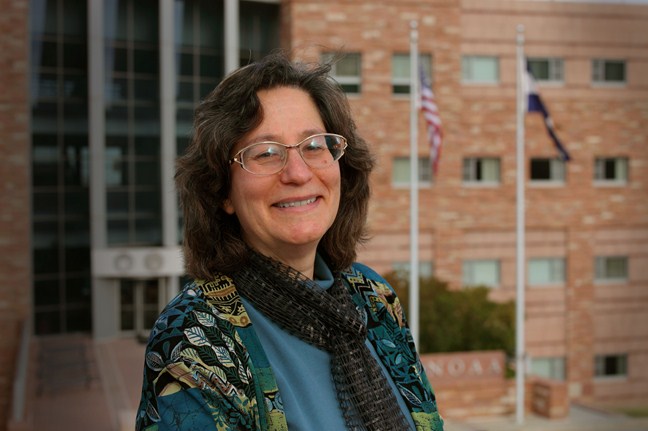She was among the IPCC scientists who were awarded the 2007 Nobel Peace Prize
The Volvo Environment Foundation takes great pleasure in awarding its 2009 environment prize to Dr Susan Solomon. Dr Solomon is an outstanding atmospheric chemist and physicist, whose pioneering scientific contributions have had major impact on crucial environmental policies.

Effects of global warming
As a co-chair with Dr. Qin Dahe of Working Group 1 of the U.N.’s Intergovernmental Panel on Climate Change (IPCC), she played a key role in producing the report that has helped the world understand the severity of global warming. She was among the IPCC scientists who, together with the former Vice President Al Gore, were awarded the 2007 Nobel Peace Prize.
Dr Solomon’s current work, using improved atmosphere-ocean general circulation and earth system models, shows that the carbon dioxide concentrations expected in the 21st century will lead to significant irreversible changes in rainfall in drought-prone areas, and unavoidable inundation of many small islands and low-lying coastal areas. The latest results underline the need that we will require even more concerted climate policy efforts than have been anticipated thus far.